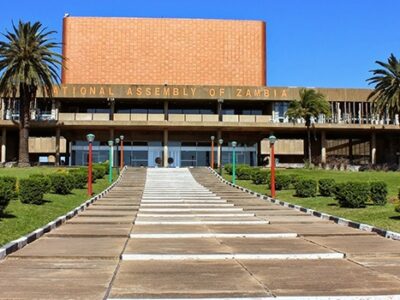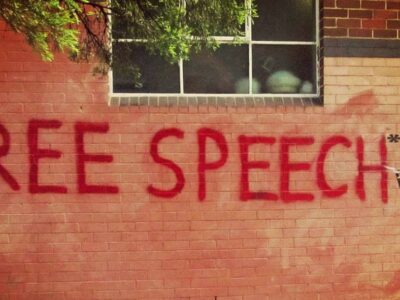During the 2021 general elections, the then opposition United Party for National Development (UPND) leader, Hakainde Hichilema, assured journalists that they would have the freedom to investigate his government once in power.
Hichilema emphasized media’s role in ensuring government transparency and accountability, stating, “The media is crucial in ensuring transparency and accountability in the operations of government.”
Upon assuming office as President, Hichilema reiterated his commitment to media freedom.
“I want to assure the media fraternity and the people of Zambia that we are determined to bring about media freedom in our country,” he declared.
He further indicated that the media should operate independently and responsibly, adding, “We are very clear in our minds that the fourth estate needs to operate independently; they should self-regulate, obviously they should operate responsibly.”
In early 2022, the then Information and Media Minister, Chushi Kasanda, announced that the Access to Information Bill would be introduced to Parliament during the session starting February 15, 2022.
“The harassment of the media witnessed previously will not occur during the new dawn administration,” Kasanda assured.
She urged journalists to maintain responsible reporting and balance in their coverage.
Despite these assurances, recent events have raised concerns.
Mafinga Member of Parliament, Robert Chabinga, threatened journalists, stating, “Anyone who is going to masquerade as Patriotic Front (PF) president or Secretary-General of the party, we will start with the same person then the media institution. We are not threatening, it is brotherly advice.”
MISA Zambia and the Media Owners Association of Zambia condemned these threats as detrimental to democracy and good governance.
Arthur Davies Sikopo, a correspondent for the South African Broadcasting Corporation (SABC), had his equipment, including his phone, confiscated by the police.
Sikopo was given a two-hour ultimatum to surrender his phone, facing threats of arrest for non-compliance.
He engaged in a lengthy conversation with the police before seeking legal assistance.
The Zambia Institute of Independent Media Alliance (ZIIMA) criticised government’s actions, with ZIIMA Consultant, Wilson Pondamali, asserting: “The government is creating an environment which criminalises the practice of critical and good journalism.”
Pondamali described the arrest of a journalist, Thomas Allan Zgambo, who faced sedition charges, as a move towards dictatorial rule.
“This arrest of Zgambo, the Zambian Whistleblower Editor, is a step towards dictatorial rule in Zambia,” Pondamali said.
In Mkushi, journalists Joseph Siambihi and Mundia Akapelwa were verbally threatened by the District Health Officer after reporting on theft at a health facility.
Additionally, Conrad Chikweto, Chongo Sampa, and Stafrance Zulu of the Zambia Daily Mail were reportedly fired for taking photos of Zambians lining up for scarce maize meal.
On January 24, 2022, police recorded a warning statement from a journalist accused of destroying evidence related to a leaked audio conversation between government officials, which was broadcast on KBN TV.
MISA Zambia criticised government’s focus on the journalists rather than the content of the leaked messages, stating, “The government should be spending its energies and resources investigating the contents of the leaked messages as opposed to shooting the messenger.”
Read More: Internet shutdown, digital rights: Lessons from Zambia’s 2021 elections by Changu Phiri
MISA Zambia also highlighted the contradiction in government’s use of the Cyber Security and Cyber Crimes Act, a law President Hichilema had pledged to repeal.
News Diggers Managing Editor, Joseph Mwenda, and reporter Audrey Mwenya Mofya received notices to appear before the police on June 9, 2023, for interviews, with the notices stating, “Chief Editor News Diggers said to be in your employment, is required to attend Interviews on June 9, 2023 at 10:00 hours for the purpose of investigations.”
The increasing harassment of journalists in Zambia—through verbal threats, physical attacks, arrests, detentions, equipment confiscation and legal pressures—reflects a broader strategy to suppress critical reporting and control the narrative.
These actions have raised significant concerns about the erosion of press freedom and democratic values in the country.
WARNING! All rights reserved. This material, and other digital content on this website, may not be reproduced, published, broadcast, rewritten or redistributed in whole or in part without prior express permission from ZAMBIA MONITOR.












Comments